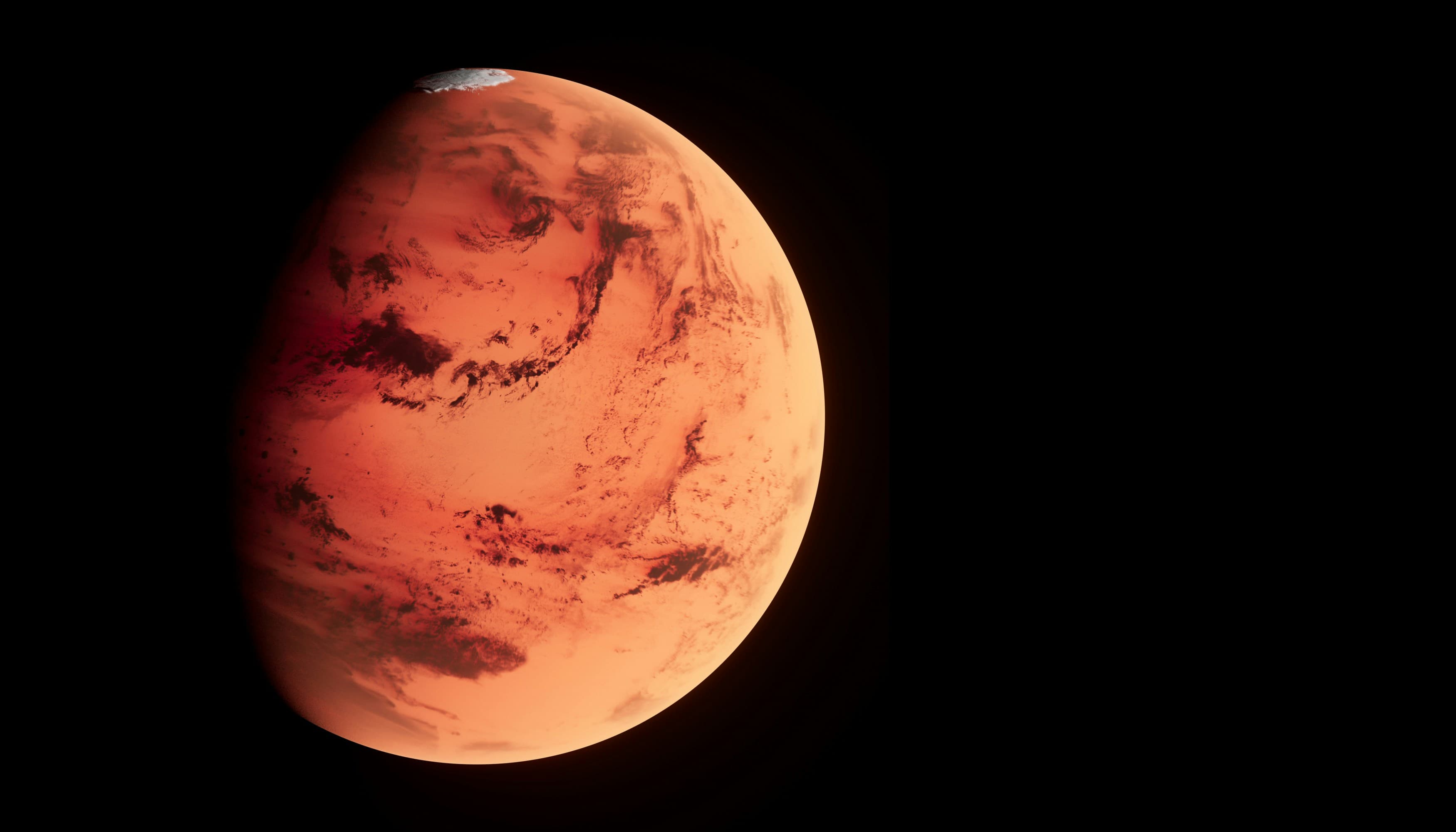
Teams
Here are the teams that make up SSI. Each team has a unique focus. If you're interested in joining a team, please reach out!
Balloons
Rockets
Satellites
Biology
Operations
Policy
Mars
Upcoming Events
We host a variety of events throughout the year, including workshops, talks, and social events. Check out our calendar for more information.
Our Sponsors
Thank you to all of our current sponsors! We rely on the support of our sponsors to continue educating the next generation of space industry leaders.
Autodesk
Harwin
BA Circuits
Altium
Keysight
GranSystems
Quanta
Ansys
Want to read more about SSI
Make sure to check out our newsletters here
About
The Stanford Student Space Initiative (Stanford SSI) is Stanford's largest project-based student group, with more than 300 members split into six project teams: Rockets, Satellites, Balloons, Mars, Biology, and Policy.
We are a completely student-run organization founded in 2013 with the mission of giving future leaders of the space industry the hands-on experience and broader insight they need to realize the next era of space development.
We're the gathering place for people who want to act on their interests in space. Since 2013, we've broken five world records in high altitude ballooning, launched several satellites into orbit, developed a unique space-capable DNA synthesis technique, sent a delegation to lobby the UN, won two international awards at rocketry challenges, taught an accredited Stanford class (AA 47SI, Why Go to Space), hosted over 150 speakers at talks and conferences, and inspired hundreds of people to follow their dreams onwards and upwards.
SSI is dedicated to achieving both short- and long-term goals. In the next year, we will build and launch more cubesats, work on a rover to autonomously cross Antarctica, and develop a new hybrid engine for a vertically landing rocket. All the while, we will continue to expand our mission of education and inspiration across Stanford and the world, pushing the boundaries of what is possible and doing our part to further the development of the new space age.
We invite you to join us.

